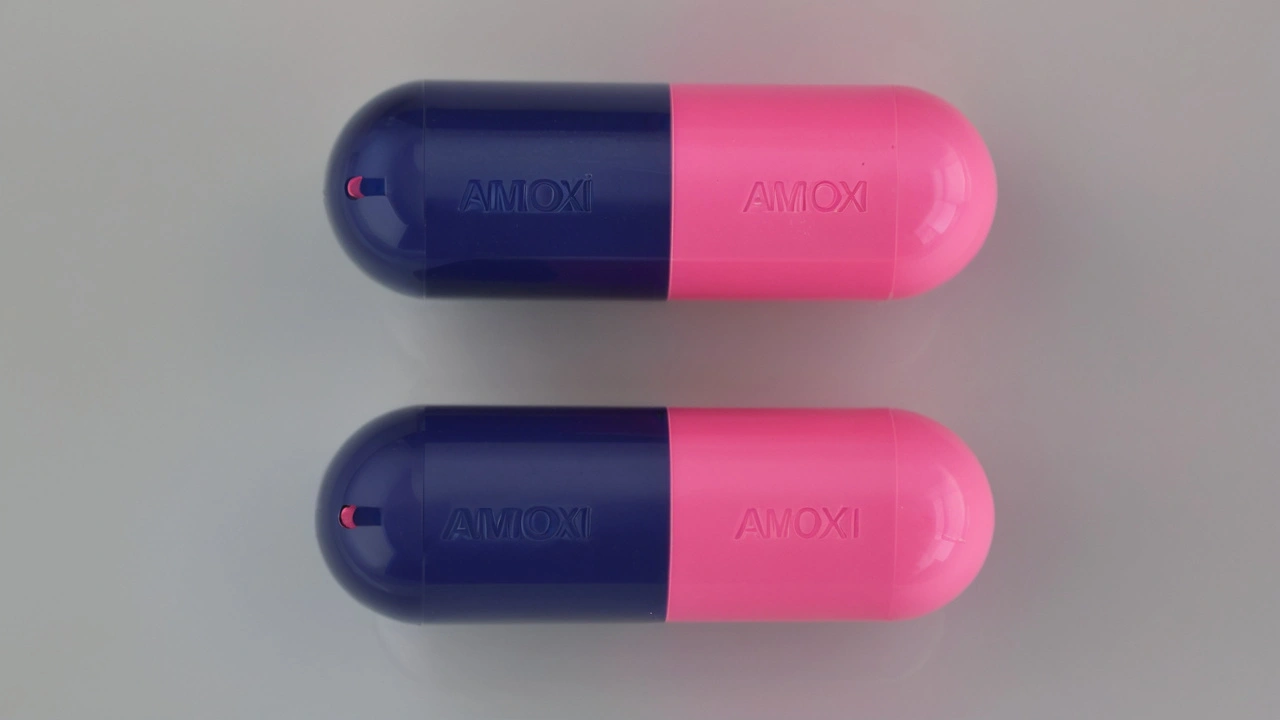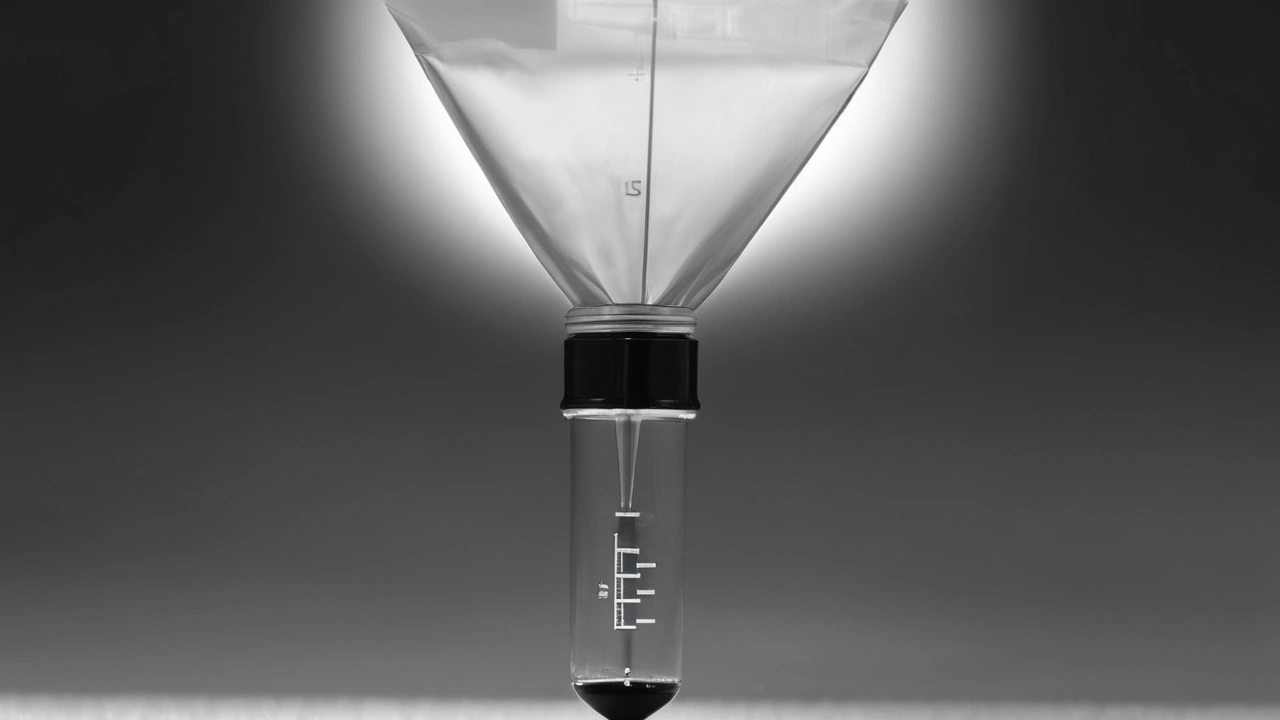Introduction
The ongoing COVID-19 pandemic has disrupted nearly every aspect of our lives, and medical practices are no exception. In a bid to combat this unprecedented health crisis, the use of antibiotics among COVID-19 patients has surged. However, this response has given rise to alarm over a potential side effect—escalating antibiotic resistance. When antibiotics are misused or overused, especially during such a massive healthcare strain, it can undermine the utility of these crucial drugs in fighting bacterial infections.
Antibiotics have long been the cornerstone of treating bacterial infections. Unfortunately, these drugs are being administered even when they are not needed, leading to the development and spread of drug-resistant bacteria. This scenario poses a significant threat to global health, and expert voices are increasingly raising concerns. Perhaps, no more urgent is the call for judicious use of antibiotics and a fervent push for the development of new antimicrobial agents.
The Ongoing Battle Against COVID-19
When SARS-CoV-2, the virus responsible for COVID-19, started making its presence felt globally, the medical community was thrown into chaos. Treatments were speculative, and many healthcare providers turned to antibiotics to fend off secondary bacterial infections, seemingly a precautionary measure. But viruses are not susceptible to antibiotics, and this misapplication led to profound unintended consequences.
There has been a notable increase in the use of antibiotics like azithromycin and doxycycline, prescribed both to manage suspected secondary bacterial infections and, misguidedly, the viral infection itself. The ease with which these medications could be prescribed amidst a pandemic exacerbated the issue, paving the way for drug-resistant bacteria to thrive. Such bacteria don't respect national borders, leading to a global health crisis where previous first-line treatments could become obsolete.
The Mechanics of Resistance
Antibiotic resistance occurs when bacteria mutate and develop the ability to defeat the drugs designed to kill them. Misuse and overuse of antibiotics are the primary drivers of this phenomenon. When bacteria are exposed to these drugs excessively, they adapt, rendering standard treatments ineffective.
This natural selection of sorts means that the more we misuse antibiotics, the tougher and more resistant the bacteria become. Initially, some bacteria survive the antibiotic onslaught, and these survivors multiply, creating a new population resistant to the drug. Over time, this resistance can spread and lead to infections that are increasingly hard to treat.

Economic and Regulatory Hurdles in Drug Development
One might wonder why new antibiotics aren't being produced at a pace that could combat these resistant strains. The answer lies in the substantial economic and regulatory hurdles pharmaceutical companies face. Research and development of new drugs are incredibly costly and time-consuming. When low incentives and stringent regulations further compound these challenges, pharmaceutical companies often prioritize more profitable ventures over developing new antibiotics.
This economic landscape means fewer new antimicrobial agents enter the market, leaving the world to contend with an increasingly resistant array of bacteria using the same old drugs. The regulatory environment makes the path to approval for new drugs long and costly, with no guarantee of a substantial return on investment.
Case Study of Drug-Resistant Bacteria
The Centers for Disease Control and Prevention (CDC) has classified several bacteria as urgent, serious, and concerning threats. Bacteria like methicillin-resistant Staphylococcus aureus (MRSA) and Clostridioides difficile (C. diff) are well-known examples of strains that have adapted to resist treatment with conventional antibiotics.
In particular, MRSA is notorious for its ability to cause serious, often life-threatening infections in hospitals and even communities. Once treatable with a range of antibiotics, MRSA infections now require careful management with only a few remaining effective drugs. This growing menace emphasizes the critical need for proactive measures in antibiotic stewardship and drug development.
Global Public Health Challenge
The rise of drug-resistant bacteria isn't a problem confined to hospitals or specific regions—it's a global public health challenge. As bacteria do not observe borders, resistant strains can easily spread from one part of the world to another. International travel, trade, and the movement of people and goods facilitate the transmission of these resistant infections.
The World Health Organization (WHO) has repeatedly called for a coordinated global response to tackle antibiotic resistance. Strategies include better diagnostic tools to ensure the appropriate use of antibiotics, improved surveillance to monitor resistance patterns, and enhanced infection control measures. The collective effort of the international community is essential to address this impending crisis effectively. The misuse of antibiotics during COVID-19 has underscored the urgent need for such global cooperation.

Stepping Up Research and Development
It’s clear that one of the critical steps forward is reinvigorating research and development in antibiotics. Governments, private sectors, and public health organizations must come together to create a conducive environment for the development of new antimicrobial agents. This may include providing economic incentives, streamlining regulatory pathways, and fostering public-private partnerships.
Antibiotic stewardship programs are also vital. These programs aim to optimize the use of antibiotics, ensuring that they are only used when necessary and in the correct manner. Education and training for healthcare providers on the judicious use of antibiotics can go a long way in mitigating misuse. Moreover, raising public awareness about the dangers of antibiotic resistance and the importance of adhering to prescribed treatments can help reduce unnecessary drug consumption.
Innovative Solutions in Antimicrobial Research
Scientists are exploring innovative solutions to combat antibiotic resistance. This includes developing new classes of antibiotics and alternative therapies such as bacteriophage therapy, where viruses that target bacteria are used to treat infections. Additionally, researchers are investigating the microbiome—the community of microorganisms living in the human body—for potential solutions to enhance infection control.
Efforts in precision medicine, which tailors medical treatment to the individual characteristics of each patient, also hold promise. By understanding the specific bacteria causing an infection and their resistance patterns, treatments can be more effectively targeted. Moreover, advances in genetic research are paving the way for novel approaches to prevent and treat infections.
Conclusion
The COVID-19 pandemic has taught the world many lessons, one of which is the critical importance of responsible antibiotic use. The rise in antibiotic resistance due to inappropriate treatment practices serves as a stark warning. It is imperative to adopt a multi-faceted approach that includes better antibiotic stewardship, accelerated drug development, and global collaboration to address this issue. Turning a blind eye to the problem of antibiotic resistance is no longer an option; the stakes are too high, posing a grave risk to public health worldwide.
Through coordinated efforts, innovative research, and unwavering commitment, we can hope to curtail the spread of resistant bacteria and secure the future of effective antibiotic treatments. This endeavor will require not only scientific breakthroughs but also a collective will to make meaningful changes in how we manage and use antibiotics globally.

John K
August 1, 2024 AT 18:38Laura Anderson
August 3, 2024 AT 03:18Avis Gilmer-McAlexander
August 5, 2024 AT 01:28Jerry Erot
August 6, 2024 AT 19:20Fay naf
August 8, 2024 AT 17:07ANTHONY SANCHEZ RAMOS
August 9, 2024 AT 23:51Matt Czyzewski
August 11, 2024 AT 13:21John Schmidt
August 11, 2024 AT 20:01Lucinda Harrowell
August 12, 2024 AT 06:13Joe Rahme
August 12, 2024 AT 21:23Leia not 'your worship'
August 13, 2024 AT 09:18Jo Sta
August 14, 2024 AT 11:43